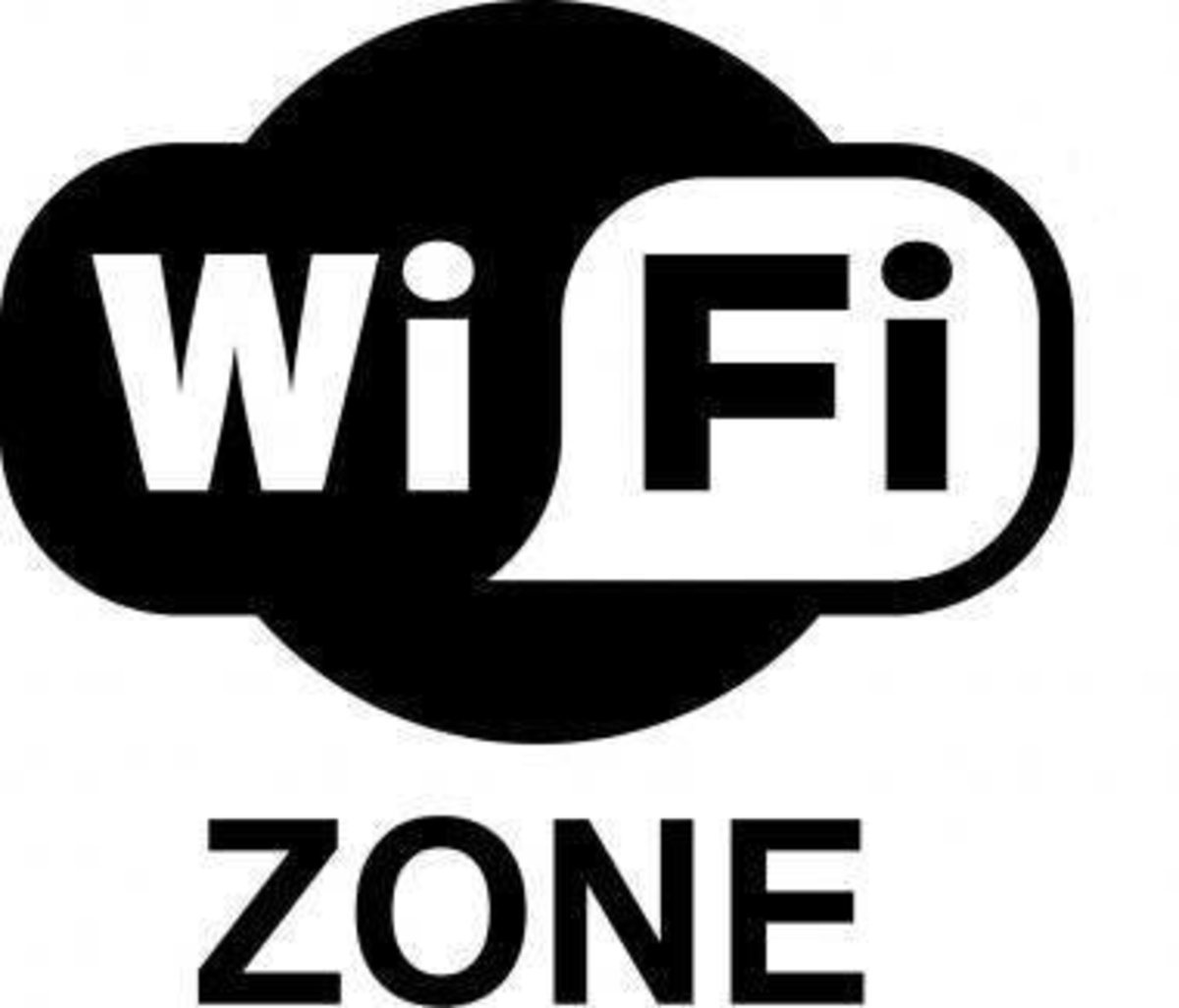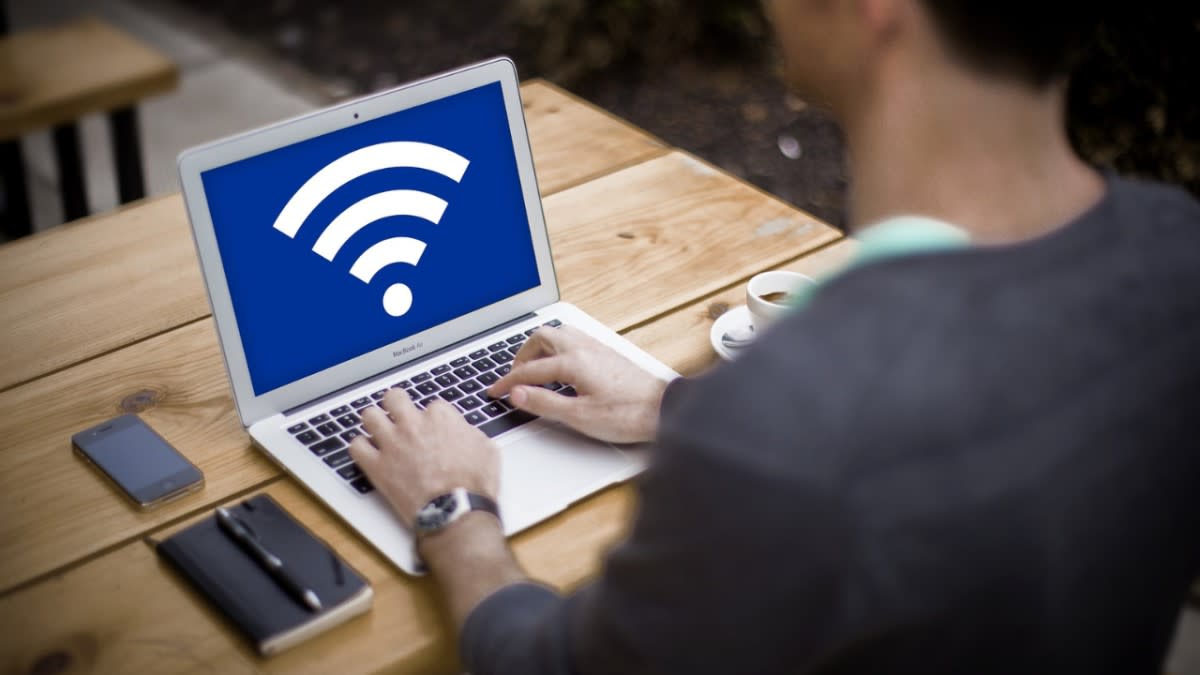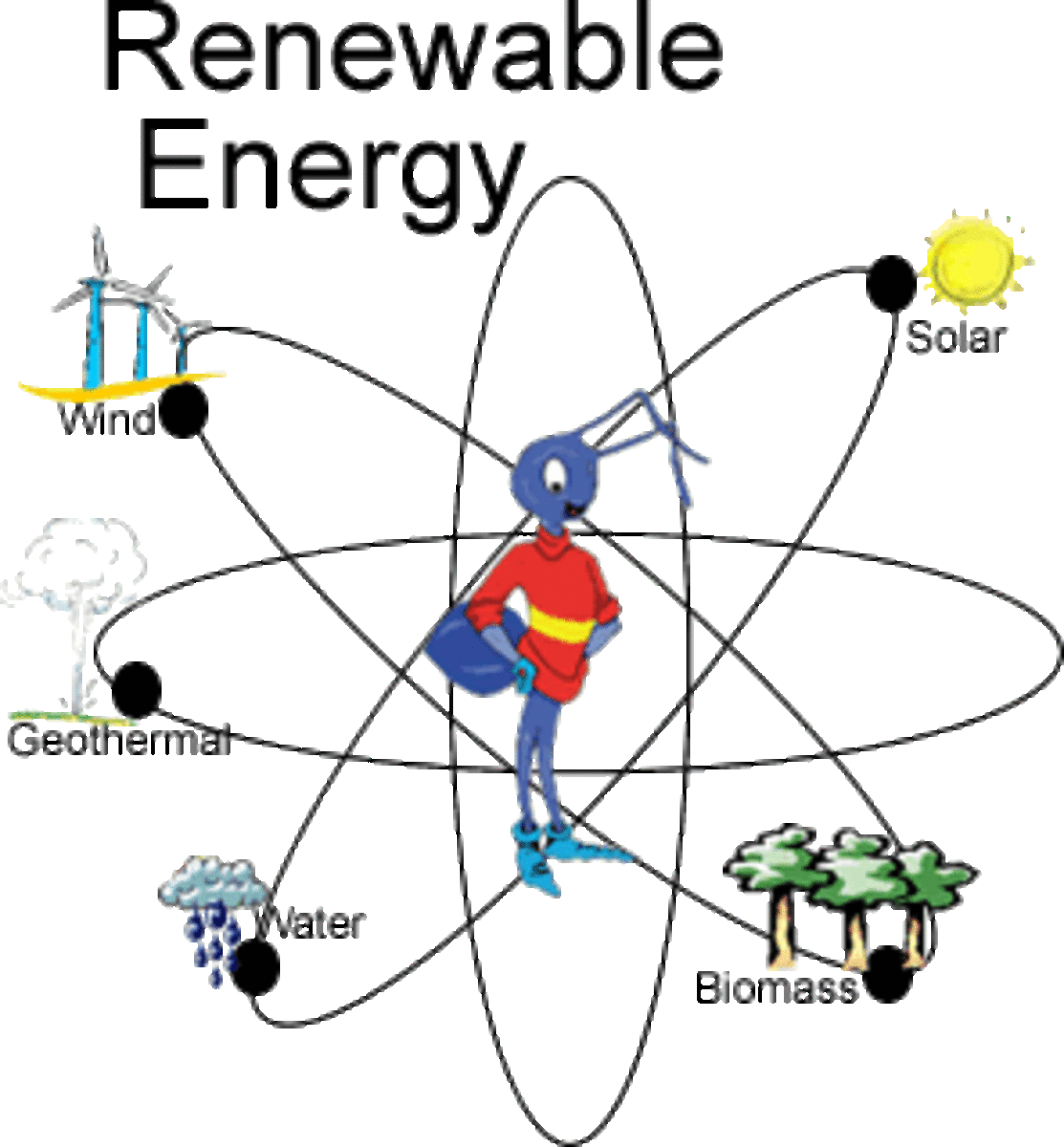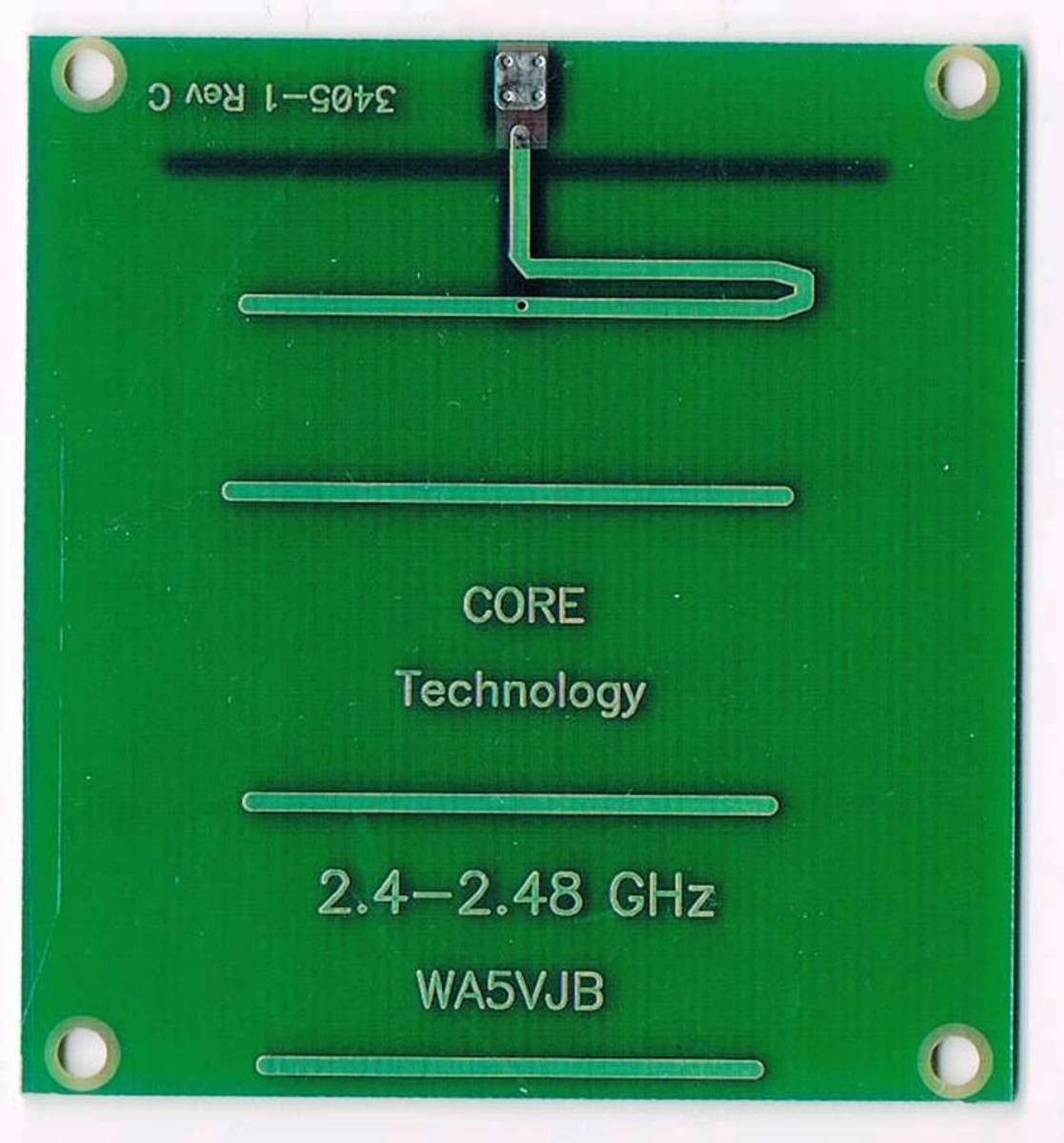Why We Need 5G
5G has a lot of benefits! Unfortunately the technology has come in a bad daylight because of fake accusations that it would cause a COVID 19 infection. In this article I try to explain why we should embrace 5G, without going too technical.

The more people are connected at the same time, the more your YouTube video will buffer.
It's All about Capacity
In an earlier article, I made a case for not paying for faster internet. We do not need faster internet at the moment (but we should still develop the tech so that companies can create new applications that make use of the higher speeds). To be honest, decent 4G on a not to crowed network is more than okay. It can stream anything I want, I never have the feeling that I am waiting for things to load, voice calls sound great... But have you ever been to an open air rock festival? It doesn't even need to be rock festival. Have you ever been to a busy market place, a crowed city center, a popular tourist attraction...? If you would check your phone while being there, you would notice that everything loads way more slowly than it used to. Here is where the words 'capacity' comes into play.
We don't need more speed to load things faster, we need more speed so that a lot more people can have decent internet speeds at the same time! A certain radio tower has a limited amount of bandwidth (=internet speed) that it can transmit wirelessly. You share that capacity with all the users connected to that same tower. The more people are connected at the same time, the more your YouTube video will buffer. It is as simple as that. And okay, maybe you shouldn't be watching YouTube videos at a rock concert, you should be watching the concert, but what if your friend gets a heart attack you cannot even call for help because the network is overloaded? (It will cost you crucial minutes, I can tell you that.)
...but What If Your Friend Gets a Heart Attack You Cannot Even Call for Help Because the Network Is Overloaded?
It Will Benefit Those Who Live in a Rural Area (and Developing Countries)
I live in the middle of nowhere. We have some old phone wires hanging around next to the street that are miles away from any civilization. The speeds are low, not being able to stream standard Netflix low. We do have cable that gives us internet access, but cable access is expensive because of the lack of competition. And some people don't even have cable.
For those people 5G can be the solution they have been waiting for. It is more likely that internet providers will build a nation wide 5G network than they will build a nation wide fiber network. Why? Money of course. It is way cheaper to upgrade a few radio towers, than it is to give every single home a fiber connection. 5G has the capacity, the speed and the low ping to do it. (Ping: time to send something to a server and back; reaction time.) 5G can truly bring the internet to everyone. In developing countries they are more likely to skip wired connections to individual homes completely in favor of 5G.

It Is not more Harmful than 4G, 3G etc.
Some people get anxiety knowing that multiple gigabytes a second can pass through the sky and possibly through their bodies. First of all, studies about this are on the way and it is true that we do not know for sure what the long term effects on our body are going to be. We do know that the amount of electromagnetic radiation from cellphone towers (light is also a form of electromagnetic radiation) is small and that in theory they will only cause a small temperature increase of maybe a degree in extreme cases. (But I would say only scientific papers found on sites like Google Scholar are a reliable source of information on this.)
What I can say is that how much gigabytes a second has nothing to do with how harmful the signal is going to be. The only parameters that do have an influence are frequency of radiation and how much radiation. If 5G emits the same amount of radiation as 4G, than it is not more harmful than 4G. If 5G uses more or less the same frequencies as 4G, than again it will not be more harmful.
The difference between 4G and 5G is how efficient they use the same amount of radiation. 5G just manages to cramp in more gigabytes! (With the side effect that it may experience more interference.)
Also 5G on ultra high frequency waves exist. Those waves offer more gigabytes because of the higher frequency, but can penetrate less deep through things. Also here, as long as they keep the radiation level low enough, it shouldn't be more harmful than 4G.
This content is accurate and true to the best of the author’s knowledge and is not meant to substitute for formal and individualized advice from a qualified professional.
© 2020 Dan Carbon








